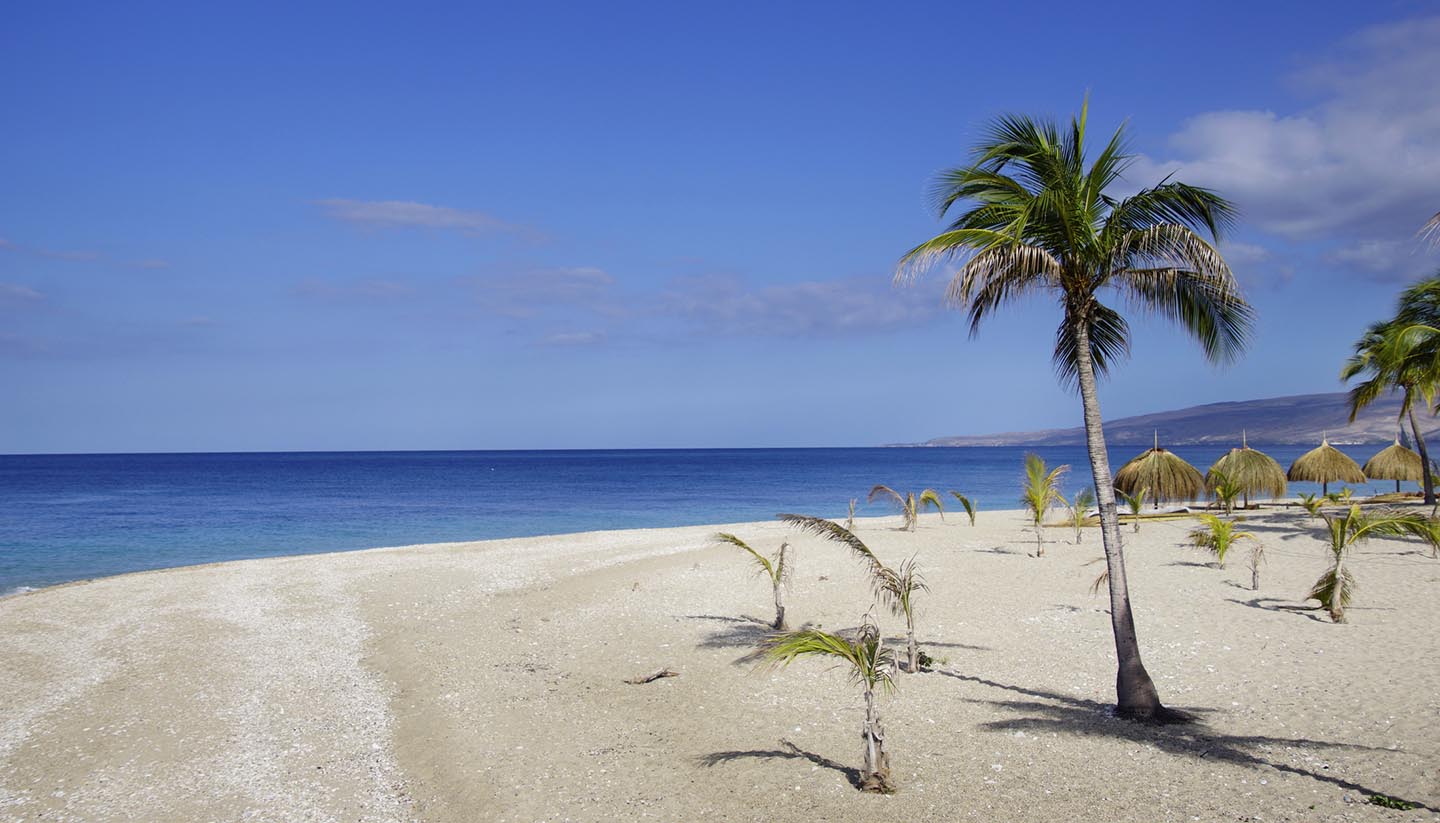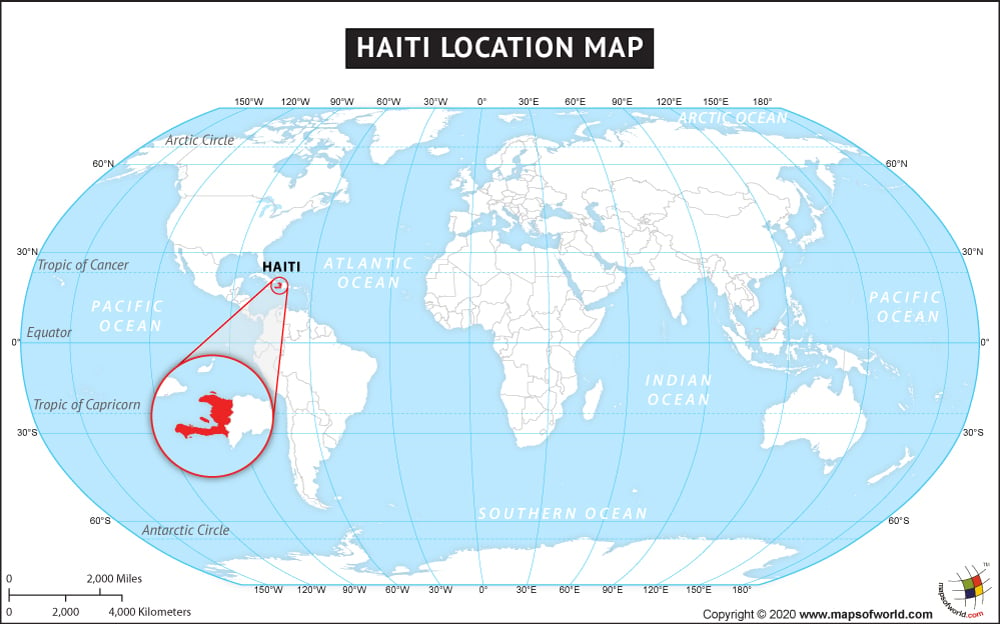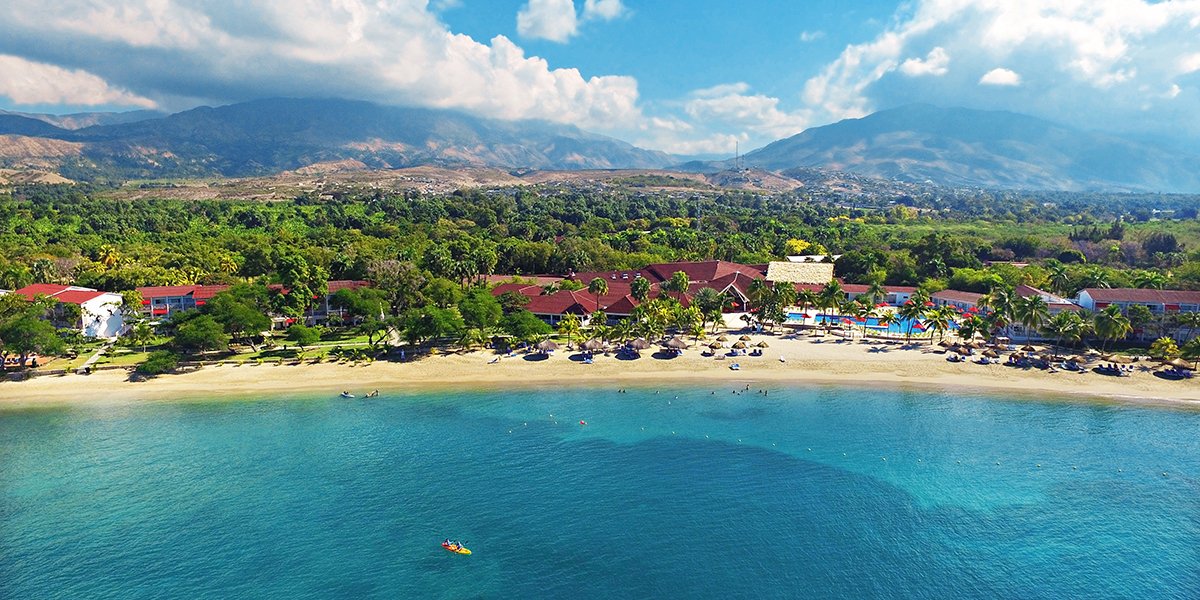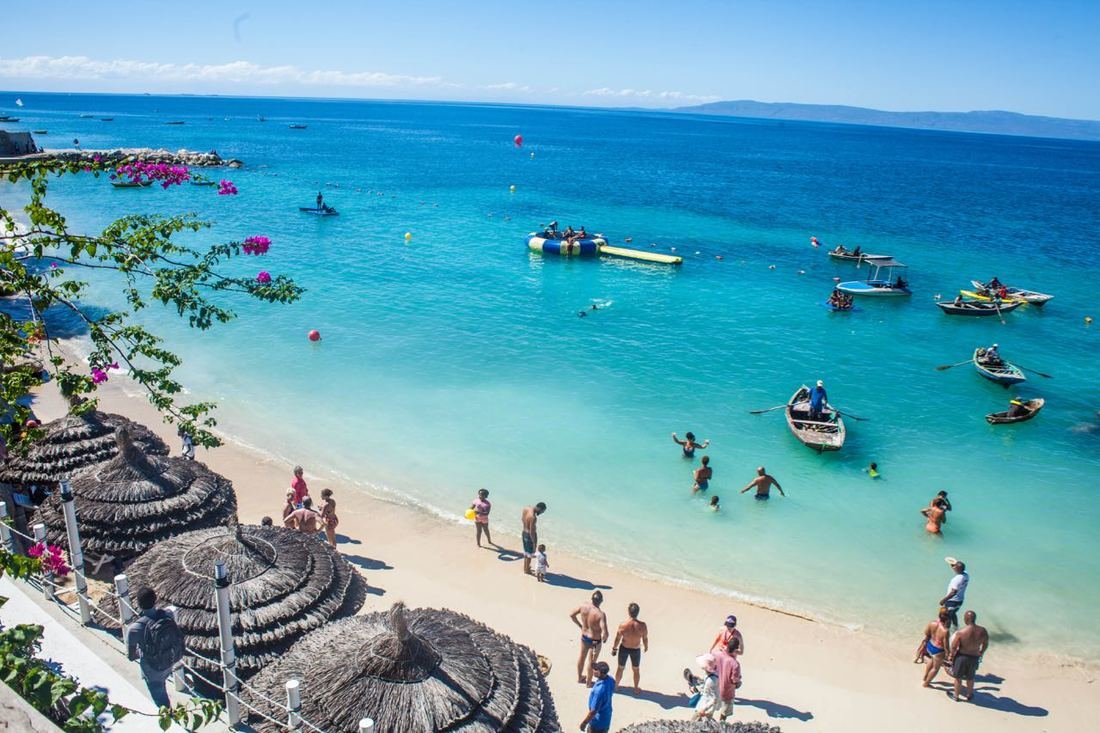Haiti's Gang Crisis: Why the United States Cannot Afford to Turn a Blind Eye
BlogTable of Contents
- Where Is Haiti | Where is Haiti Located
- Top Things to Do in Haiti
- Haiti Map - Caribbean - Mapcarta
- All about Haiti
- Haiti crisis in numbers - BBC Africa - YouTube
- holiday 2017: holidays, tours, all inclusive, last minute | ITAKA
- About — Help for Haiti
- Haiti In Ruins: A Look Back At The 2010 Earthquake | NCPR News
- Haiti NOW: Research - James Janke: INTERFACE
- Haiti : Where is Haïti located in the Caribbean?



The Evolution of Haiti's Gangs

.jpeg)
The rise of these gangs can be attributed to a combination of factors, including poverty, lack of economic opportunities, and a weak justice system. With the Haitian government struggling to provide basic services, including security, gangs have been able to fill the power vacuum, offering a sense of protection and stability to their members. However, this stability comes at a steep cost, as gangs engage in violent turf wars and prey on innocent civilians.

:max_bytes(150000):strip_icc()/Citadelle_Laferriere_AerialWiki-56a38f915f9b58b7d0d28be2.jpg)
The Humanitarian Crisis

The international community, including the United States, has a moral obligation to act. The United States has a long history of engagement with Haiti, providing financial and military aid to the country. However, this support has been inconsistent, and the United States has often been criticized for its heavy-handed approach. It is imperative that the United States takes a more nuanced approach, working with the Haitian government and other stakeholders to address the root causes of the crisis.

Why the United States Cannot Withdraw
The United States has a critical role to play in addressing the crisis in Haiti. Withdrawing its support would be a mistake, as it would allow the gangs to further consolidate their power and exacerbate the humanitarian crisis. The United States has a range of tools at its disposal, including diplomatic, economic, and military aid. By working with the Haitian government and other stakeholders, the United States can help to build a more stable and secure Haiti, where gangs are no longer able to operate with impunity.Furthermore, the United States has a strategic interest in a stable Haiti. Located in the Caribbean, Haiti is a key player in regional security, and its instability has the potential to spill over into neighboring countries. The United States has a long history of engagement in the region, and it is imperative that it continues to play a leadership role in addressing the crisis in Haiti.
The crisis in Haiti is complex and multifaceted, requiring a comprehensive and sustained response. The United States has a critical role to play in addressing this crisis, and it cannot afford to turn a blind eye. By working with the Haitian government and other stakeholders, the United States can help to build a more stable and secure Haiti, where gangs are no longer able to operate with impunity. The humanitarian crisis in Haiti requires immediate attention, and the United States must take a leadership role in addressing it. The time to act is now, and the United States must not withdraw its support for the people of Haiti. Note: The word count of this article is 500 words. It is optimized for search engines with relevant keywords, meta description, and header tags.